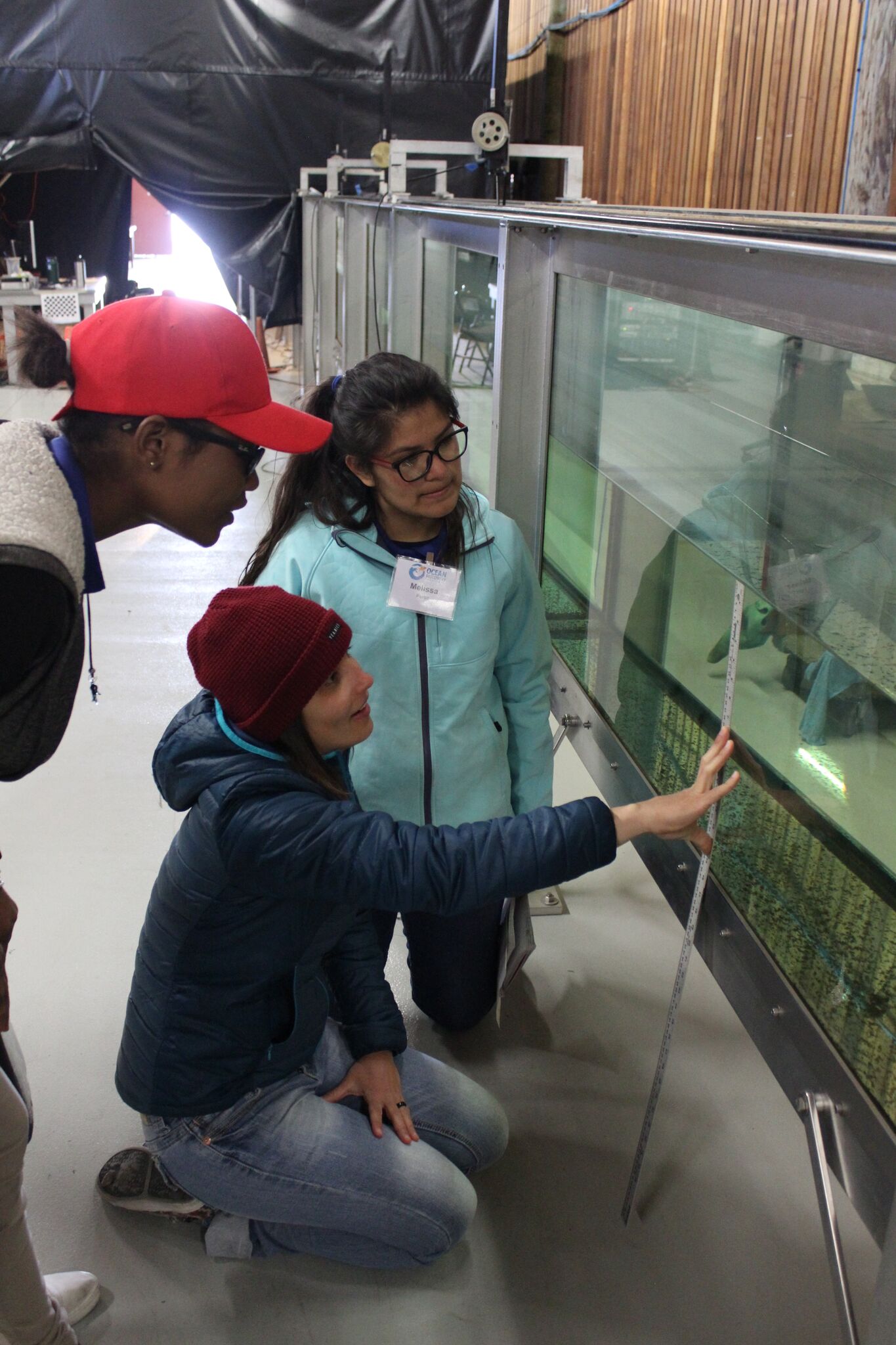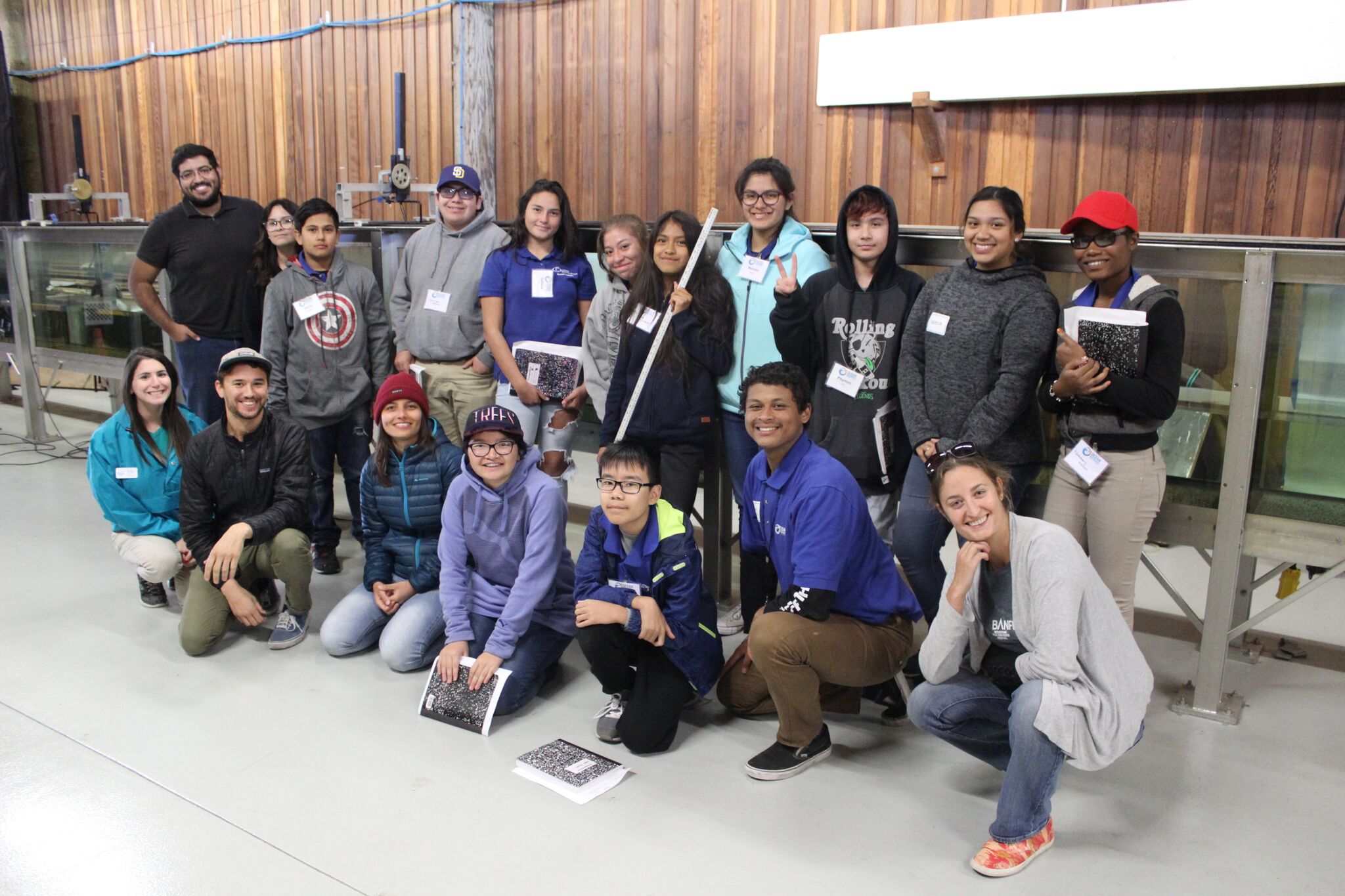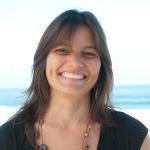Teaching
Advising

During the past four years, I have co-advised Roger Wu and Luke Colosi.
Roger is now a first-year student at the MIT-WHOI joint program. During his undergrad at UC San Diego, Roger worked with Sarah Gille and I on the upper ocean response to expansion fan winds. More specifically, Roger was interested in understanding how these local winds contribute to cooling the sea surface. He is currently wrapping up a paper discussing the results from his undergrad research. You can read Roger's student spotlight interview here.
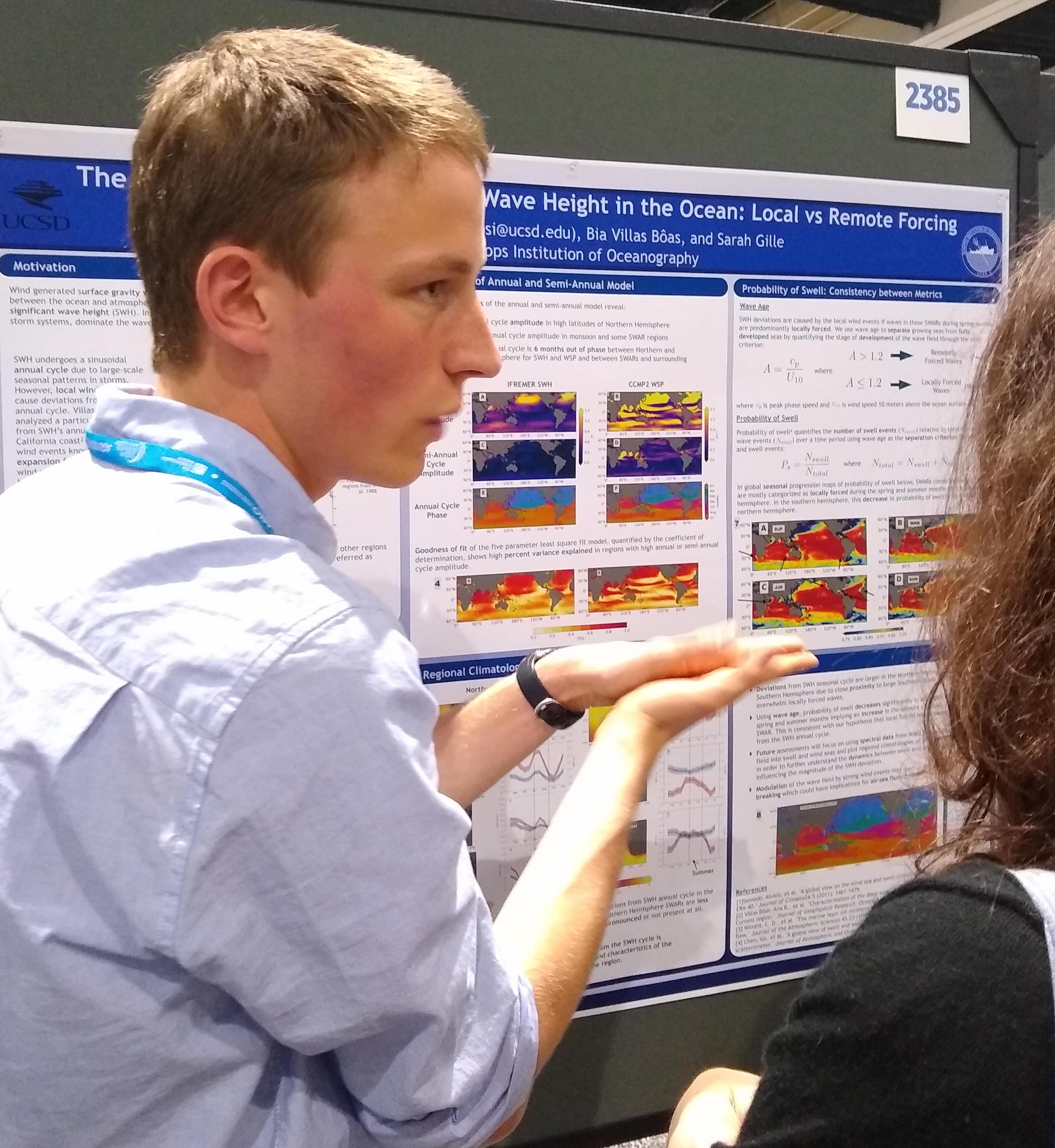
Luke Colosi is a senior undergrad at UC San Diego. Luke is interested in the effects of local and remote forcing on the wave field. Luke has been looking at phase relationships between the seasonal cycle of wind speed and significant wave height globally. He has found that in many regions of the ocean, the wind speed peaks during months that are out-of-phase in respect to the expected hemispheric seasonal cycle and that this can be used as a proxy for identifying regions dominated by wind-sea. Luke has just finished writing a paper on this subject -- stay tuned for updates on his research.
Scientific Computing
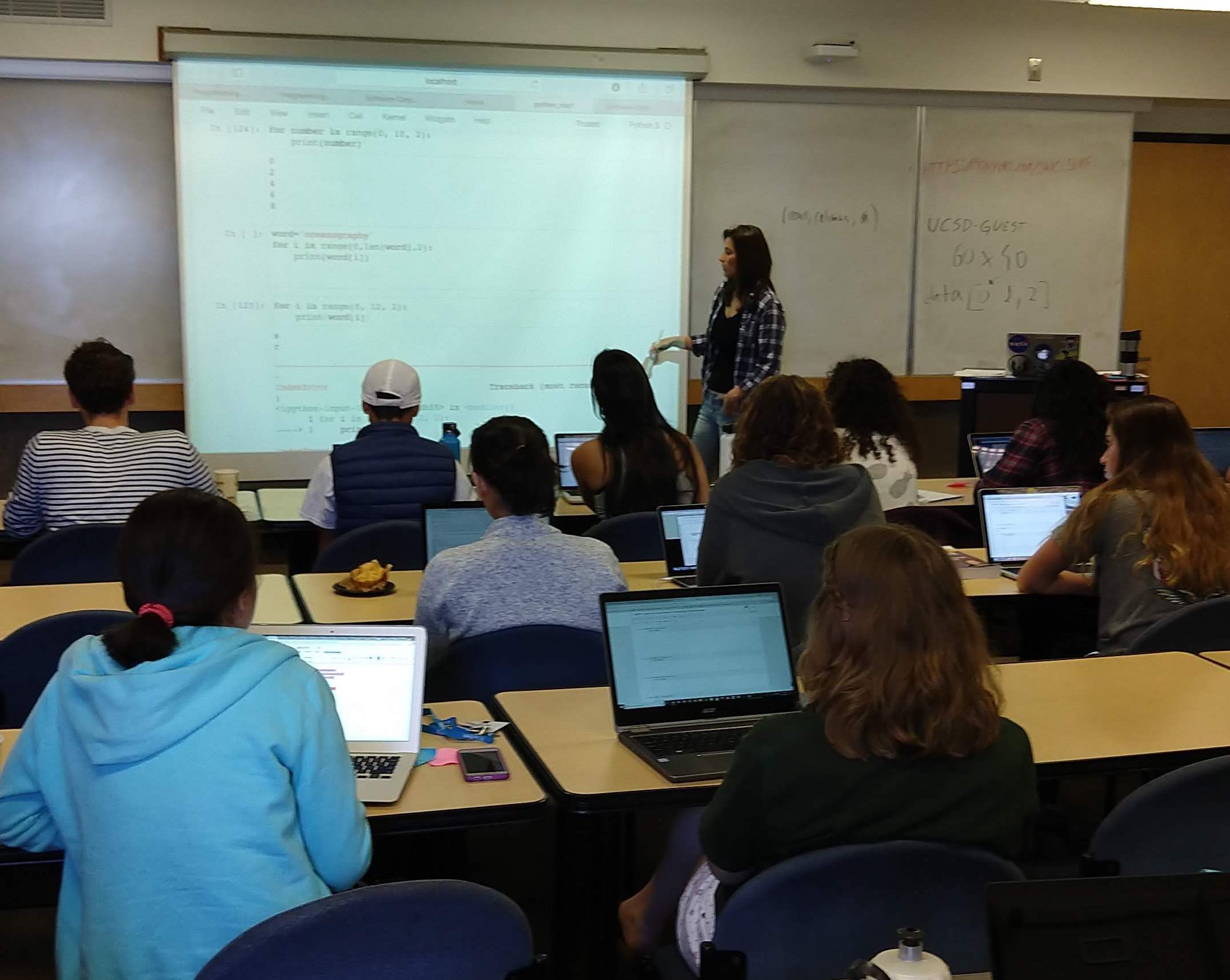
I believe that a cultural change in how we do and share science can only come if we educate the next generation of scientists on best practices of scientific computing, reproducibility, and FAIR principles. As an educator, I strive to be an agent of change. I am an instructor at The Carpentries, a global organization committed to training scientists in scientific computing, and I have experience teaching programming, computational tools, best practices in scientific computing, and environmental data analysis. In the past four years, I have taught over ten scientific computing workshops and also a Python course for the School of Global Policy and Strategy Master’s program at UC San Diego. For the past four years, I have been working with students from the Scripps Undergraduate Research Fellowship (SURF) program. SURF is an NSF Research Experiences for Undergraduates (REU) program that aims to attract and retain a diverse pool of students in environmental sciences, recruiting students from institutions that have limited undergraduate research opportunities. Every summer, I lead the organization and teaching of workshops on skills and best practices in scientific computing for the SURF students as part of their welcome week.
SIOC 221A - Analysis of Physical Oceanographic Data
This Fall, I am assisting Sarah Gille in her class “SIOC 221A - Analysis of Physical Oceanographic Data”. I have been holding office hours and working on transitioning the class materials from Matlab to Python. The Python version of the class material includes Jupyter notebooks that can be run interactively in the cloud through a Binder server. The class material is available in this Github repository.
Outreach
At Scripps Institution of Oceanography, I had the opportunity to participate in several outreach programs that targeted under-represented groups. An incredibly rewarding experience was working with my colleague Nick Pizzo on laboratory experiments for middle and high school students from the Ocean Discovery Institute at the Scripps Hydraulics Lab (H-Lab). In the H-Lab, students were exposed to basic research concepts, such as the scientific method, experiment design, and calculating precision and error. Additionally, they had the opportunity to do hands-on experiments, generating, and measuring waves.
